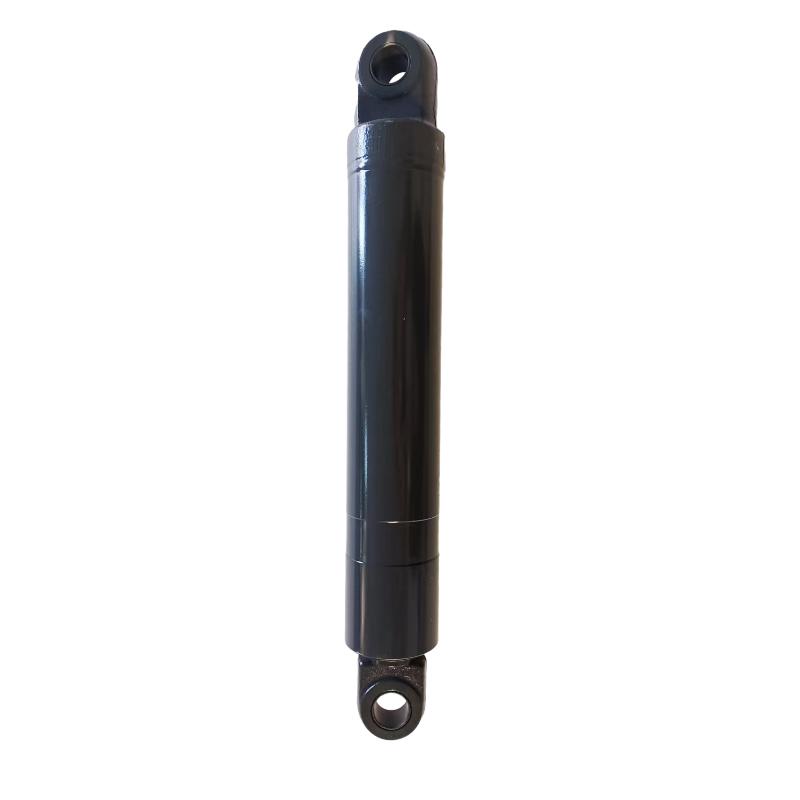Jul . 29, 2024 21:31 Back to list
Hydraulic Power Unit Manufacturers for Car Lifts and Industrial Applications Worldwide
Understanding the Hydraulic Power Unit in Car Lifts A Deep Dive into Factories and Manufacturing
In the automotive world, the importance of reliable lifting solutions cannot be overstated. At the heart of many car lift systems lies the hydraulic power unit (HPU), a sophisticated device that drives the lifting mechanism. As we delve into the role of HPU factories in this sector, understanding their operations, innovations, and the significance of their products becomes crucial.
The Role of Hydraulic Power Units in Car Lifts
Hydraulic power units serve as the backbone of hydraulic car lifts, providing the necessary force to lift and lower vehicles safely and efficiently. This mechanism works by converting fluid power into mechanical energy. When the operator engages the lift, hydraulic fluid is pumped from the HPU through a series of valves and cylinders, allowing the lift to elevate the vehicle to the desired height.
The efficiency and reliability of the hydraulic power unit are paramount; a malfunction can compromise not only the performance of the lift but also the safety of personnel working beneath the elevated vehicle. Therefore, investing in high-quality HPUs is essential for vehicle repair shops, dealerships, and any operation that necessitates lifting automobiles.
The Manufacturing Process of HPUs
The production of hydraulic power units for car lifts involves several key steps, all of which require precision and adherence to quality standards. Factories that specialize in HPUs must ensure that every component — from the electric motor and pump to valves and control systems — is manufactured with the utmost care.
1. Design and Engineering The manufacturing process begins with designing HPUs that meet specific industry standards. Engineers utilize advanced software to simulate performance under various conditions to ensure durability and efficiency.
2. Material Selection Once the design is finalized, the next step is selecting appropriate materials. Common materials include high-strength alloys and hydraulic-friendly plastics, which can withstand pressure and resist corrosion.
car lift hydraulic power unit factories

3. Component Manufacturing Each part, such as the hydraulic cylinders, pumps, and electric motors, is manufactured separately. Factories often utilize CNC (Computer Numerical Control) machines for precision machining, ensuring that parts fit together flawlessly.
4. Assembly After all components are produced, they are assembled into complete units. This step requires skilled technicians who ensure that all joints are sealed properly and that no leaks will develop during operation.
5. Testing and Quality Assurance Before any hydraulic power unit leaves the factory, it undergoes rigorous testing. This includes pressure tests and functionality assessments to ensure that each unit performs to specification and adheres to safety protocols.
Innovations and Trends in HPU Manufacturing
As automotive technology evolves, so too do the demands on hydraulic power units. Factories are increasingly investing in research and development to innovate their products, focusing on energy efficiency, environmental impact, and enhanced performance. One notable trend is the move towards adopting IoT technology, enabling real-time monitoring of HPU performance and predictive maintenance, thereby further enhancing safety and efficiency in vehicle lifting operations.
Moreover, the rise of electric vehicles brings new challenges and opportunities for HPU manufacturers. Adapting hydraulic systems to cater to the specific requirements of EVs requires a shift in both design and function, pushing factories to remain at the forefront of technological advancements.
Conclusion
Hydraulic power units are integral to the functioning of car lifts, ensuring safety and efficiency in automotive service operations. The factories that produce these essential devices play a vital role in the automotive supply chain, dedicated to innovation, quality, and reliability. As the industry continues to evolve, these manufacturers will undoubtedly adapt, setting new standards in hydraulic power technology and further optimizing how we lift and maintain vehicles.
-
Fork Lift Power Units - Hebei Shenghan | Efficiency, Reliability
NewsJul.13,2025
-
1.5-Ton Turbocharged Cylinder-Hebei Shenghan|Hydraulic Solution,Energy Efficiency
NewsJul.13,2025
-
Auto Hoist Power Units-Hebei Shenghan|Efficiency&Industrial Lifting
NewsJul.13,2025
-
Double Acting Power Units-Hebei Shenghan|Hydraulic Solutions,Industrial Efficiency
NewsJul.13,2025
-
1.5 Ton Lifting Cylinder 70/82-40-290-535 - High-Performance Hydraulic Solution | Hebei Shenghan
NewsJul.13,2025
-
Fork Lift Power Units - Hebei Shenghan | Efficiency&Reliability
NewsJul.13,2025
